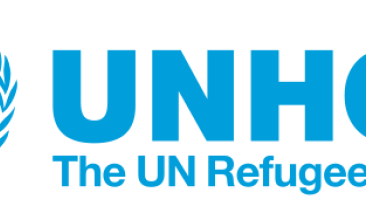The Resettlement Assistance Program (RAP) is a federal government initiative that helps newcomers settle and integrate into Canada. This program is designed to provide income support and immediate essential services to refugees during their initial resettlement period.
Immediate and essential services are delivered by Service Provider Organizations (SPOs), generally within the first 4-6 weeks of a newcomer’s arrival in Canada.
Get a list of RAP service providers in Ontario.
What do RAP services include?
- Welcoming: meeting newcomers at the airport or final destination in Canada.
- Housing assistance: assisting in securing temporary accommodations and in finding permanent accommodation.
- Bare necessities: ensuring that refugees have access to essential items such as clothing, furniture, and household items.
- Orientation and Information: referring to other settlement programs and providing information on healthcare, education, employment opportunities, language training, and other essential services.
Who is eligible for RAP?
The refugee immigration categories that may qualify for RAP support and immediate essential services are:
- Government-Assisted Refugees,
- Privately sponsored refugees under cost-sharing/blended initiatives
Sponsorship breakdown
In situations of sponsorship breakdown for Privately Sponsored Refugees, when the sponsoring group cannot fulfill its commitments, RAP income support is considered only in exceptional circumstances and as a last resort. Refugees must show that they have no other sources of financial support.
In such cases, the local IRCC office may need to direct the refugee to a RAP SPO for orientation on income support and financial responsibilities. This is done on an exceptional basis and only when necessary.
What are RAP allowances?
RAP provides financial support for up to one year. This support is intended to cover essential expenses like food, transportation, and other daily living costs. Certain allowances are paid one-time only (for example, for furniture, linens, or basic household needs), while others are provided on an ongoing monthly basis (for housing, food, and incidentals) based on prevailing provincial or territorial social assistance rates.
Income support allowances may be basic (provided to all RAP recipients) or conditional (paid only in certain circumstances, such as maternity).

